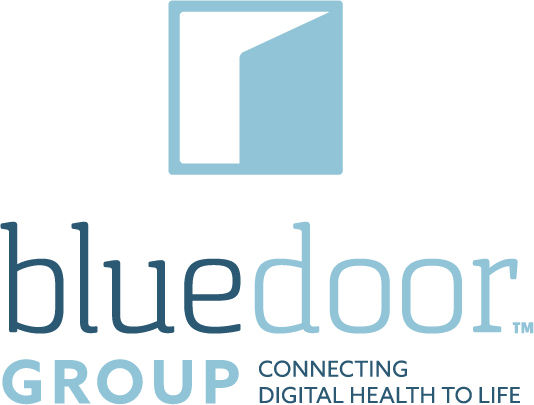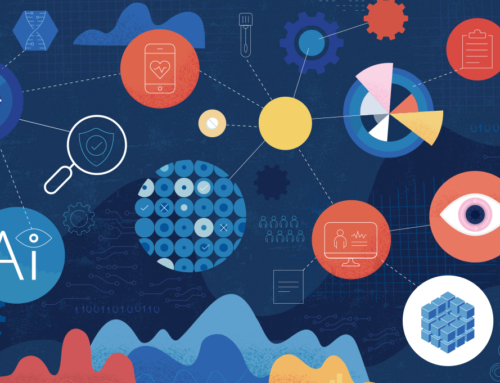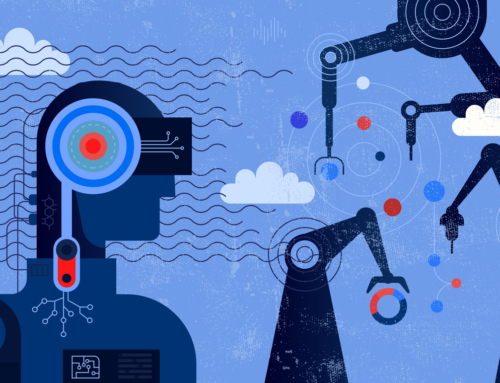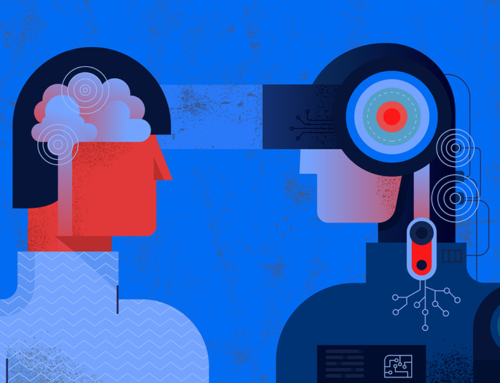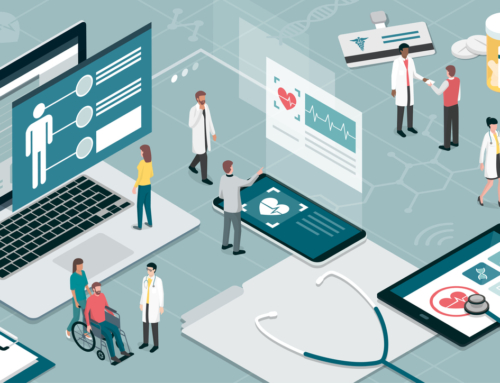Artificial Intelligence (AI) is the 21st century’s leviathan of technological innovation, promising to – and delivering on – both critical and everyday aspects of our lives, particularly in healthcare. As AI systems grow more powerful, faster, and far-reaching, society edges closer to the possibility of Artificial General Intelligence (AGI) – sophisticated AI systems with human-like general intelligence. This prospect of an autonomous, potentially uncontrollable super-computer necessitates careful examination of its potential benefits and the challenges it may bring.
In healthcare, AI has already begun to transform outdated, manual processes in remarkable ways. Machine learning algorithms can analyze vast amounts of medical data to assist in diagnosis, predict disease outcomes, and recommend personalized treatment plans [Vocal.Media]. For instance, AI-powered imaging systems, such as CHIEF (Clinical Histopathology Imaging Evaluation Foundation) [The Harvard Gazette] and ProFound [iCad], can detect early signs of diseases like cancer with impressive accuracy, potentially saving countless lives through early intervention [Cancer]. Beyond diagnostics, AI offers the potential to reduce care gaps in rural or resource-constrained environments significantly. With billions worldwide lacking access to essential healthcare services, AI-driven solutions can triage patients, enhance remote consultations, and support healthcare workers in making informed decisions quickly and effectively. For example, AI has effectively reduced administrative burden through automated documentation [Microsoft], claims processing technologies [Multimodal], patient appointment management [Hyro], and ambient readings [DAX].
While current AI applications are narrow in scope, the development of AGI – combined with advancements like edge computing and quantum technologies – could dramatically accelerate progress across the healthcare spectrum. The theoretical implications of AGI are profound: it could revolutionize drug discovery, create highly sophisticated diagnostic tools that surpass human capabilities, and develop personalized treatment plans that incorporate a patient’s entire medical history, genetic profile, and social determinants of health. However, as we move closer to the conception of AGI, several significant issues demand attention.
One major concern is the vast amount of sensitive patient data required to train AI systems. This reliance on data introduces significant privacy risks, necessitating robust security measures and strict ethical guidelines to prevent breaches or misuse. Additionally, AI systems can inadvertently perpetuate or even exacerbate biases present in their training data, leading to unfair treatment of certain patient groups. Ensuring fairness and transparency in AI algorithms is critical to prevent such outcomes from undermining trust in these technologies.
Another challenge lies in the potential disruption AGI could bring to the workforce. While AI can augment healthcare professionals’ capabilities and streamline workflows, there are valid concerns about job displacement as these systems become more advanced. The rapid pace of AI development also transcends existing regulatory frameworks, creating an urgent need for comprehensive guidelines that prioritize patient safety while maintaining ethical oversight across the healthcare system.
Additionally, and most starkly, some experts warn that superintelligent systems could introduce existential threats if not properly controlled or aligned with human values. The potential development of AGI represents a pivotal moment in human history – comparable to the discovery of nuclear fission or the advent of the iPhone – ushering in what we have termed the age of the Auto sapiens. While these technologies offer immense promise, history reminds us that transformative innovations can often result in unforeseen consequences.
To fully harness the potential of AI and AGI while mitigating risks, a multifaceted strategy is essential. This approach should include creating strong ethical guidelines for the development and application of AI in healthcare settings; fostering collaboration between researchers, healthcare professionals, ethicists, and policymakers; and equipping healthcare workers with the tools needed to effectively use and interpret AI technologies. Public awareness must also be prioritized – AI literacy will play a crucial role in ensuring informed decision-making at all levels.
Flexible yet comprehensive regulatory frameworks are another critical component. These frameworks must adapt quickly to keep pace with rapid advancements while safeguarding against misuse or harm. Additionally, ensuring that AI solutions are developed with diverse populations in mind will help prevent exacerbating existing health disparities – a key consideration for achieving equitable outcomes.
As we stand on the brink of revolutionary advancements in AI, it is important to approach this frontier with both optimism and caution. Responsible innovation must be at the forefront, guided by ethical considerations and a commitment to maintaining a human-centered approach. By doing so, we can work toward a future where AI augments rather than replaces human capabilities in healthcare – ultimately leading to better outcomes for all.
The journey toward AGI in healthcare is not merely about technological progression; it is about shaping a future where innovation aligns with core values like privacy, fairness, and human dignity. Navigating this complex landscape will require interdisciplinary collaboration, ongoing dialogue among stakeholders, and adaptive policymaking that prioritizes safety without stifling innovation.
Healthcare professionals, policymakers, and the public must remain engaged as active participants in this process. The future of healthcare in an AGI world is not predetermined – it will be shaped by the collective decisions we make today. By approaching AGI with cautionary enthusiasm and critical thinking while remaining vigilant about its risks, we can strive to create a healthcare system that is not only more efficient but also more equitable and deeply rooted in humanity’s best interests.
